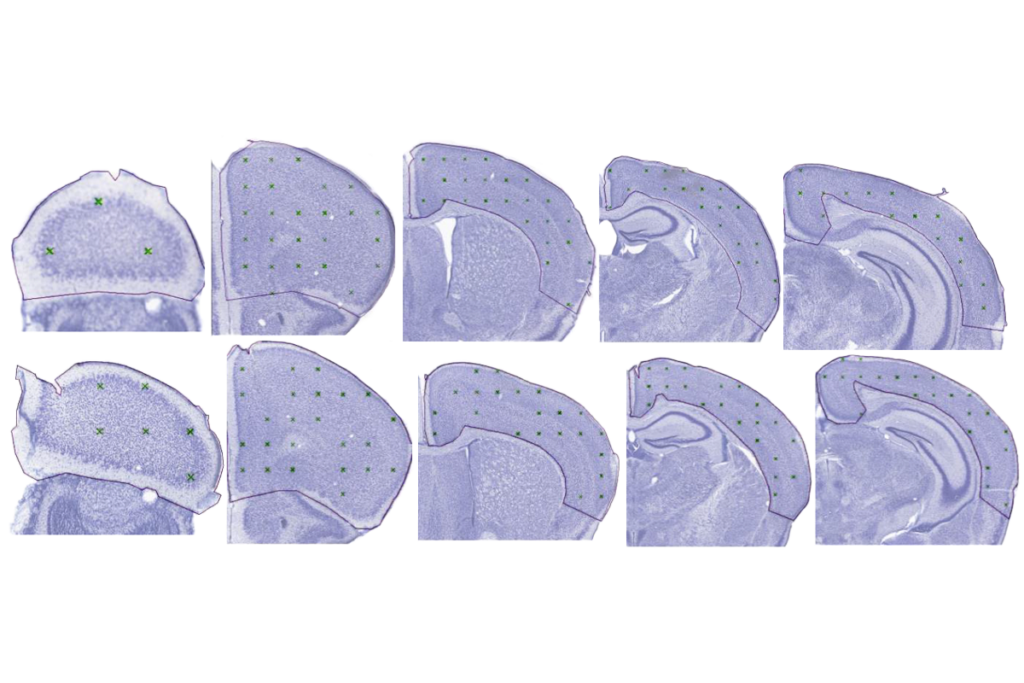Many autistic people with a serious or life-threatening condition do not seek medical care, according to a new study. The most common health-care barriers include difficulties communicating with physicians or making appointments by telephone.
“For me, as a physician, to realize that patients are sitting at home with medically serious conditions, unable to access health care or pick up the phone and call an ambulance when they need an ambulance, it’s absolutely shocking,” says lead investigator Mary Doherty, founder of Autistic Doctors International and consultant anesthetist at Our Lady’s Hospital in Navan, Ireland.
The data come from a 52-item online survey of 507 autistic and 157 non-autistic people who were recruited through social media and live mainly in the United Kingdom or Ireland. Doherty began developing the survey in consultation with autistic attendees at the 2018 Autscape conference in Tonbridge, England. Some survey questions were multiple-choice or yes-no, and others were open ended.
Among the autistic respondents, 77 percent had a formal diagnosis, 23 percent self-identified as autistic but did not have a diagnosis, and 62 percent were women. The median age for both groups was 38 years.
In Ireland, there is no pathway to an autism diagnosis through the national health system; the only way to be diagnosed “is via private services, which means autistic adults are largely invisible in health care,” Doherty says. Receiving a formal diagnosis in Ireland can take several years after a referral from a general practitioner.
Most autistic people surveyed — 80 percent — said they had difficulty visiting their doctor when needed. A driving factor was difficulty using the telephone to book an appointment. Survey responses were similar for autistic people with and without a formal diagnosis.
Despite these barriers, autistic people were more likely to rate their physician relationship as ‘very important’ or ‘important,’ compared with non-autistic people. Still, only 33 percent of autistic respondents said they had a good relationship with their general practitioner. The statistical analyses did not account for potential confounding factors, such as ethnicity or socioeconomic status, and online surveys are prone to myriad sources of bias.
Nearly 70 percent of autistic people said they had untreated mental health issues, nearly half said that they “did not attend referral to a specialist,” and 34 percent said they didn’t access treatment for a “potentially serious or life-threatening condition,” according to the study, published in BMJ Open in February.
“I wasn’t prepared for the level of difficulty that people were experiencing,” Doherty says. “As an autistic person, I had also experienced difficulty accessing health care, but I hadn’t put it together that this is a common autistic experience. I thought it was just me.”
S
urvey results are prone to ‘undercoverage bias’: Online respondents are more likely to be white and female, and so results are not always representative of the group as a whole.Still, Doherty has used the results to shape health care in Ireland. Clonakilty, a town in southern Ireland near the Celtic Sea, was the first “autism-friendly town” to be certified by the Irish autism charity AsIAm. The certification requires that half of the health-care professionals in the town go through an autism-centric training program; Doherty was involved in those trainings. At least a dozen towns in Ireland are now certified as “autism-friendly.”
To ease barriers to health care, Doherty recommends that physicians allow autistic people to schedule appointments online, give them extra time to describe their symptoms, and conduct ‘sensory’ audits on their waiting rooms. Many autistic people reported in the survey that they felt uncomfortable at the doctor’s office because of noise, crowds or bright lights.
In the U.K., anyone older than 14 years with an intellectual disability is invited each year to attend a health checkup through the national health service, and doctors are incentivized to participate in the program. Sebastian Shaw, an honorary clinical lecturer at Brighton and Sussex Medical School who worked with Doherty on the new study, is pushing to expand that scheme to include autistic adults without intellectual disability, too.
“I’m not aware of any large studies that have previously associated these adverse outcomes in the way that our study did,” says Shaw, who is autistic. “But it takes a lot of time for research to filter down into practice.”





